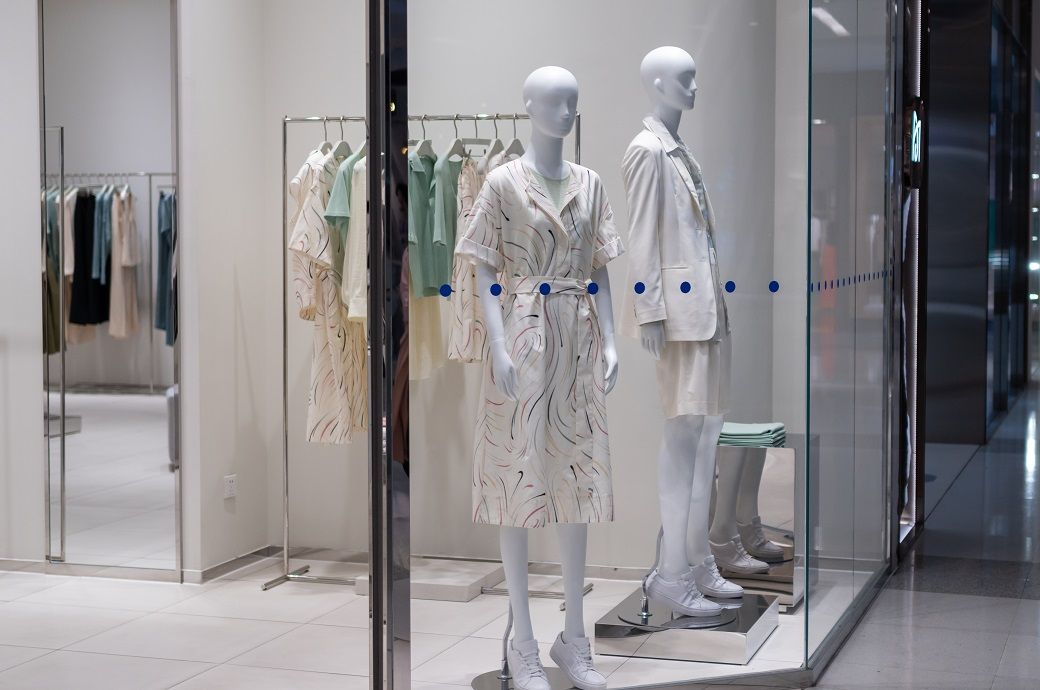
Australia's business confidence experienced a significant rise in June, increasing by 6 points to 4 index points, according to the latest National Australia Bank (NAB) Monthly Business Survey. This positive shift in confidence was broad-based across industries, with the manufacturing sector leading the improvement. Despite this, confidence remains weakest, and negative, in the retail and wholesale sectors.
However, the overall business conditions presented a mixed picture. The business conditions index fell by 2 points to 4 index points. Within this, employment saw a sharp decline of 6 points, dropping to 0 index points (unrounded), and profitability decreased by 1 point to 2 index points. Trading conditions remained stable, holding at 10 index points (unrounded).
A closer look at the industry-specific data reveals that conditions deteriorated notably in the wholesale sector, which fell by 14 points, and in manufacturing, which dropped by 6 points. In trend terms, the retail sector remains the weakest, with conditions at minus 4 index points, as per the survey.
Geographically, business conditions varied across states. Tasmania saw a sharp decline, down by 20 points. New South Wales and South Australia both experienced a decline of 7 points, while Western Australia and Victoria saw smaller decreases of 2 points and 1 point, respectively. Queensland was the only state to register an increase in business conditions, up by 6 points. In trend terms, conditions are strongest in Tasmania, Queensland, and Western Australia.
Forward orders remained flat at minus 7 index points (unrounded), with retail, manufacturing, and wholesale sectors showing the weakest trend. Capital expenditure fell by 5 points to minus 1 index points, while capacity utilisation edged up slightly to 83.5 per cent.
Labour cost growth fell to 1.8 per cent in quarterly equivalent terms, and purchase cost growth eased to 1.3 per cent. Product price growth also decreased, down to 0.7 per cent, reversing the previous month's increase. In the consumer sectors, retail price growth edged up slightly to 1.5 per cent.
“Business conditions continued their now long running easing trend in June,” said NAB head of Australian economics Gareth Spence. “They are now below average, reflecting the slowing in the economy through late 2023 and early 2024. Of note is the sharp decline in the employment index in the month. While its only one month’s read, the employment index is now below its long-run average and may be signalling that the broader slowing in the economy is flowing through more strongly to labour demand.”
Fibre2Fashion News Desk (DP)